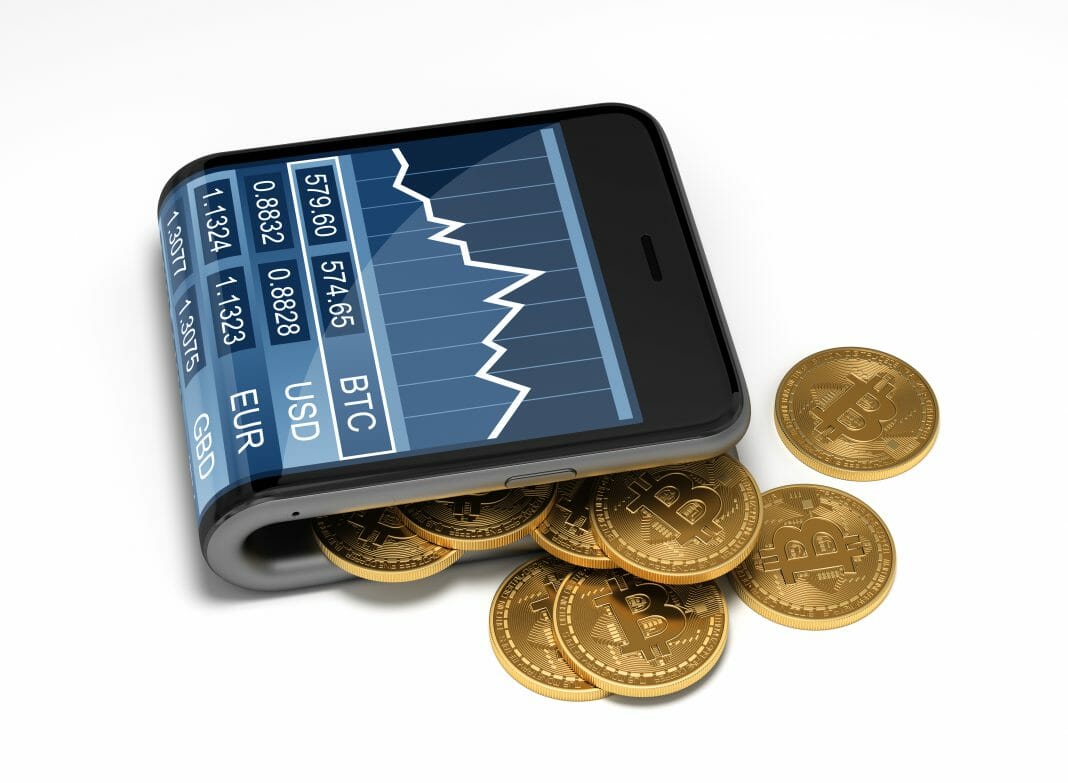The main reason is because of the exceeding fee in comparison with the transaction made. It is usually counted as some dispersed satoshis (a micro measurement of the currency).
Sometimes unwanted dirt makes its way into a bitcoin wallet and cleaning all the mess can turn into a headache, when it comes to Bitcoin the word “dust” is a term given to determine traces of bitcoins that are already too small to make a transaction with.
The main reason is because of the exceeding fee in comparison with the transaction made. It’s usually counted as some dispersed satoshis (a micro measurement of the currency). There’s no normal reason to consolidate a transaction using sand, normal bitcoiners usually avoid using dust for any operation but there are uses for it
The dust must settle so it can be useful
Entities conducting blockchain analytics sometimes use dust to deanonymize users, which in other words means that is a technique used in data mining that attempts to re-identify encrypted or obscured information about the users.
The mission is the creation of sufficiency in the determinations between the analysis firm’s wallet and the addresses. With the links already created the firm is completely able to start a new analysis using the data collected to trace IP addresses to the wallets. Beyond the imminent threat of anonymity, there’s a serious interest in consolidating these UTXOs, this means, this leads to bigger spending on more fees, more than the dust’s actual worth.
Is There a Limit in the Dust Amount?
To alleviate the notable impact dust has on the network, it’s suggested to start raising the dust limit as designated by the Bitcoin Core wallet. subsequently, wallets are carefully designed to cap transactions at 546 sats (0.00000546 BTC, or roughly 7 cents). If this limit were raised, then executing a dusting attack would result in a very expensive activity.
Another fix was started by Bitcoin Core Developer Peter Todd some time ago which involves wrangling dust UTXOs and spending them in a CoinJoin transaction to maintain the privacy under good conditions.
“I’m not sure that raising the dust limit would prevent this,” Ergo, a pseudonymous analyst for OXT Research, told recently. Arguing that no guarantee raising the dust limit would ever solve the problem.
Blockchain analysts are willing to send dust if the limit is raised, fundamentally if there are high-dollar contracts on the game with agencies related to governments. Still, trivial transactions can be seen made by some bad actors and bitcoiners regularly.
Blockchain maintains a record of each transaction ever operated on the network, there is a high amount of space per block to fix new operations; dust causes unnecessary ballooning on Bitcoin’s transactions mainly because instead of accommodating as legitimate to build solid larger transactions is usually used to operations worth way less than the amount expected.
By Jenson Nuñez.











